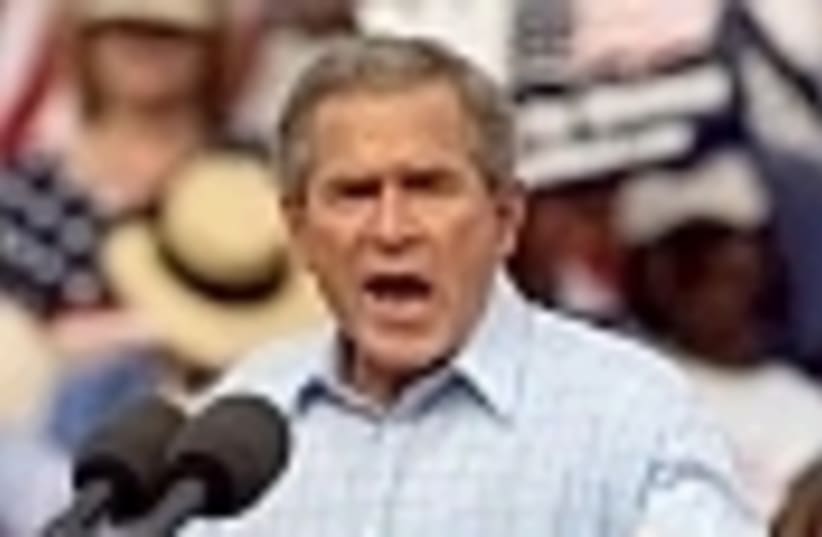| More about: | United Kingdom, Syria, George W. Bush, Rafic Hariri |
US, Britain and France threaten Syria with sanctions
Draft resolution demands Damascus detain possible suspects, make them available to UN investigators.


| More about: | United Kingdom, Syria, George W. Bush, Rafic Hariri |